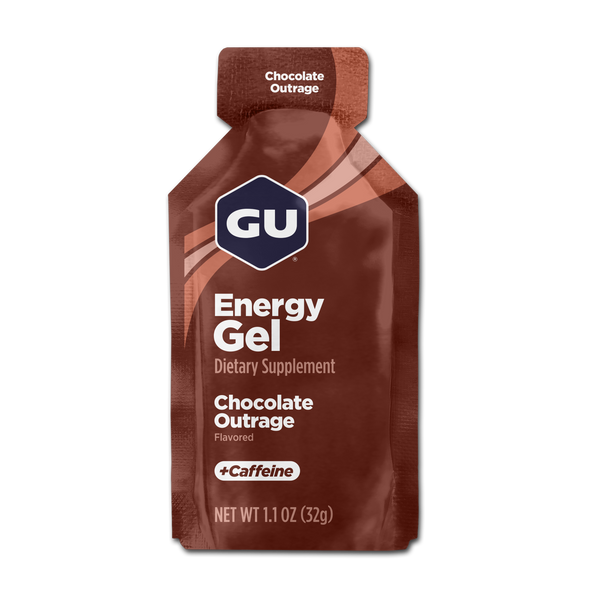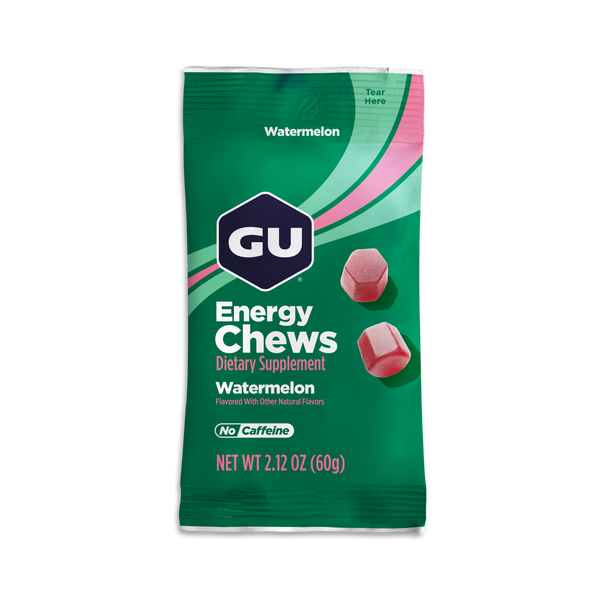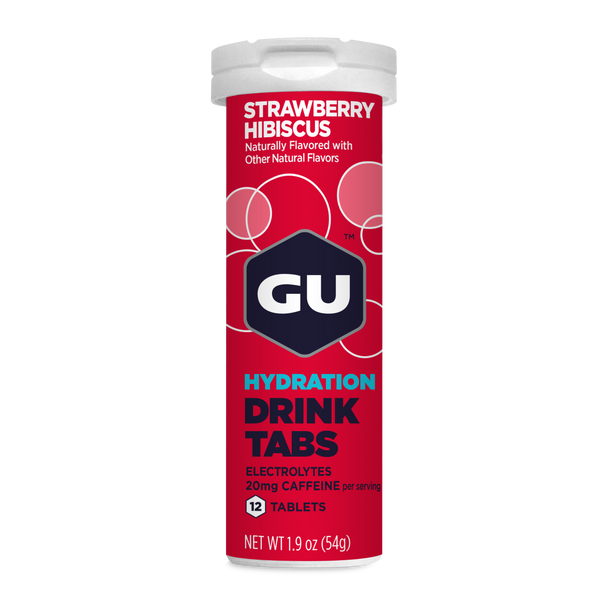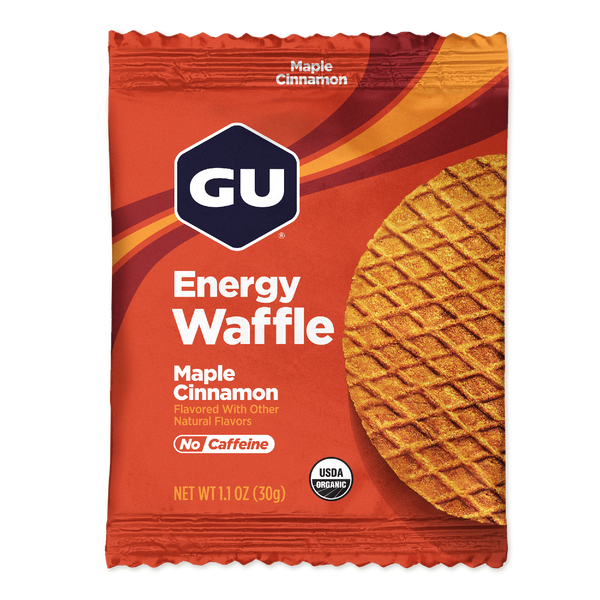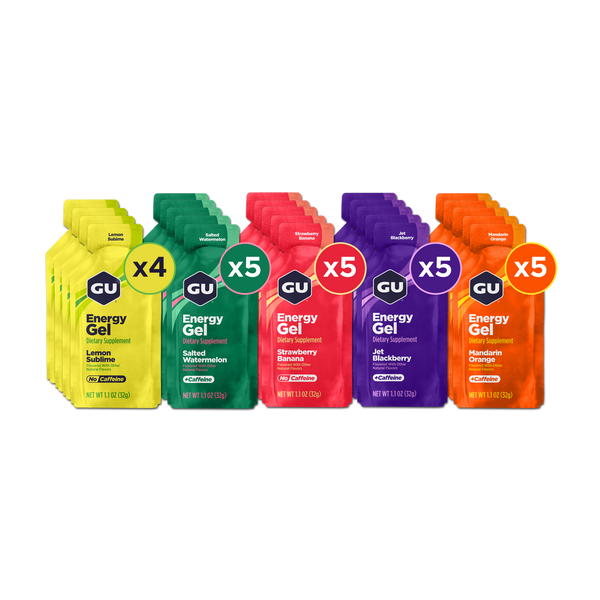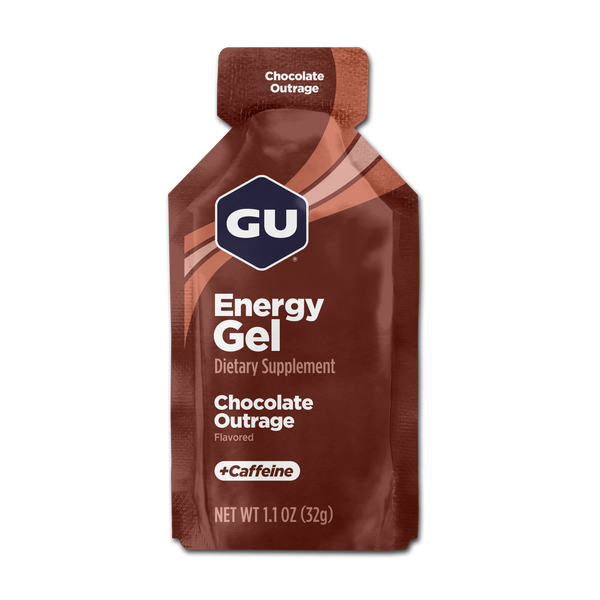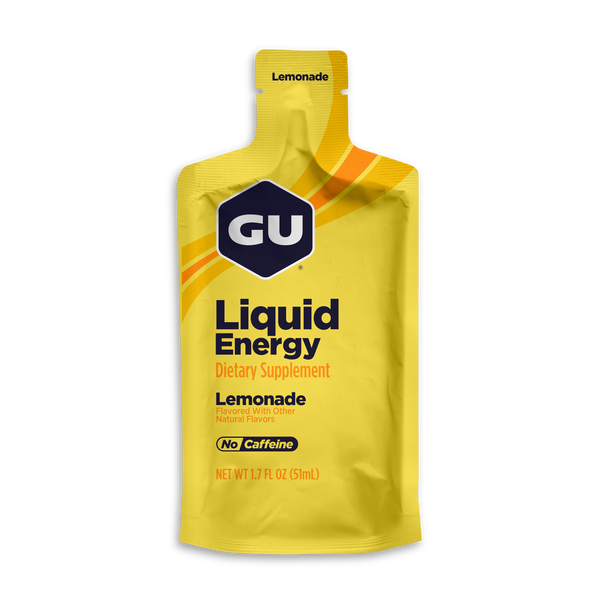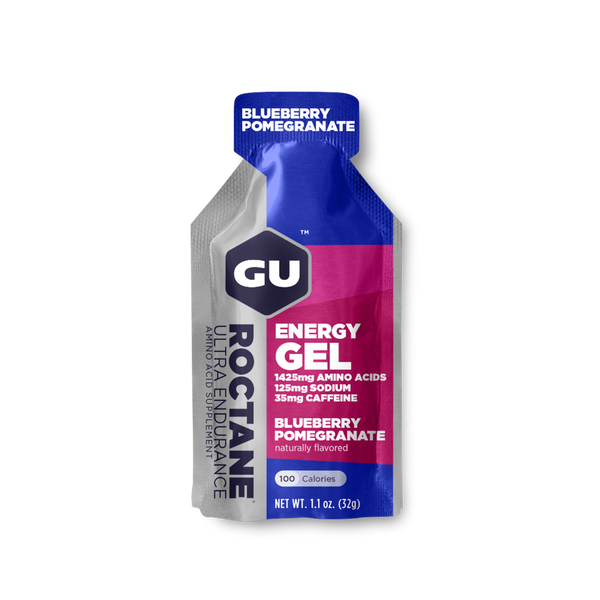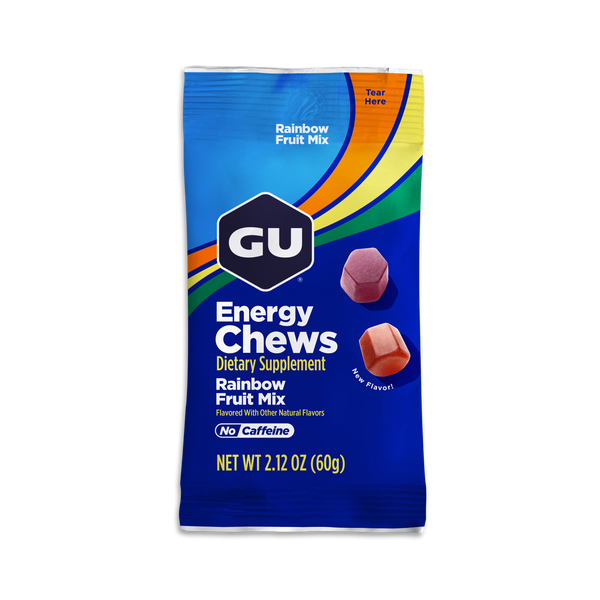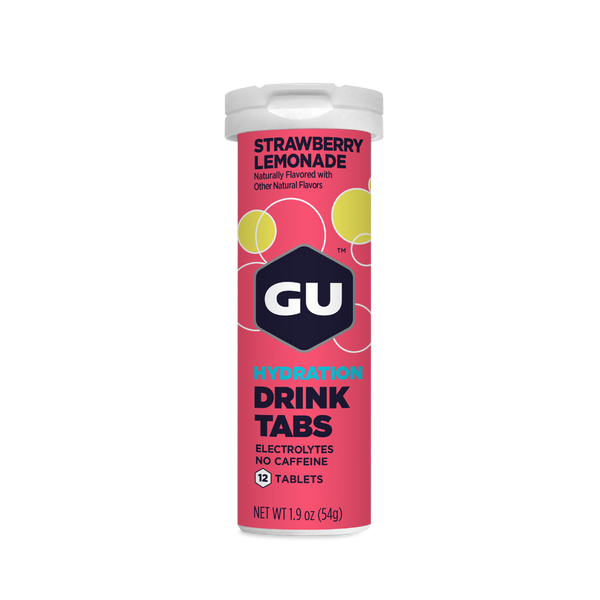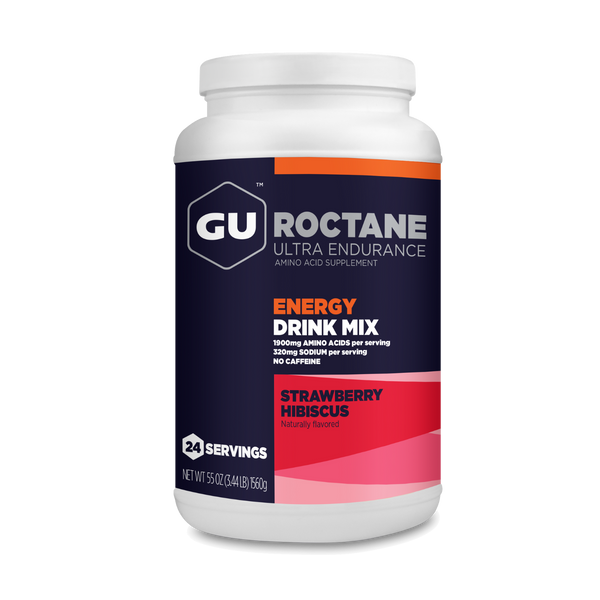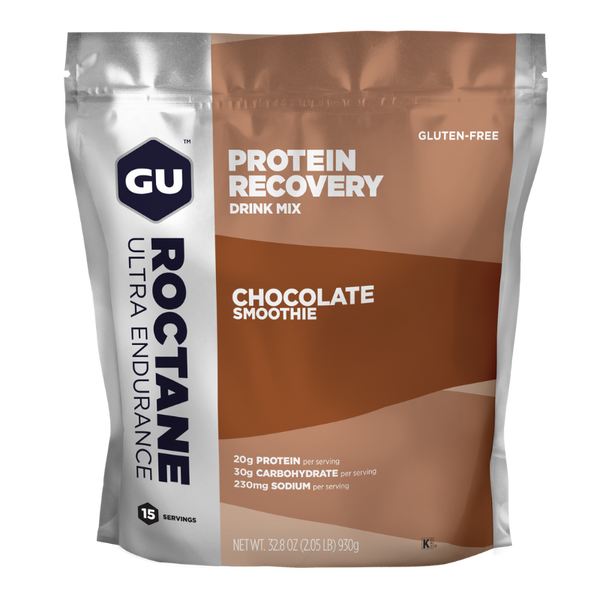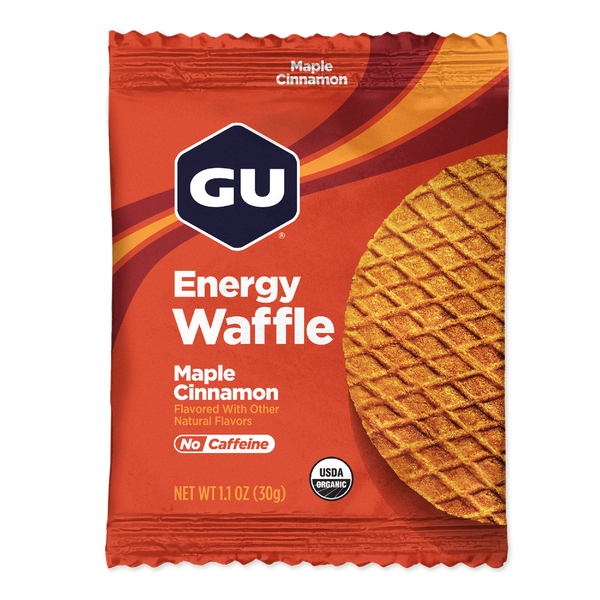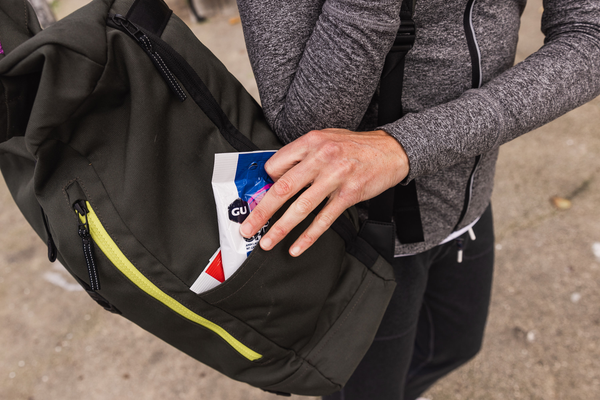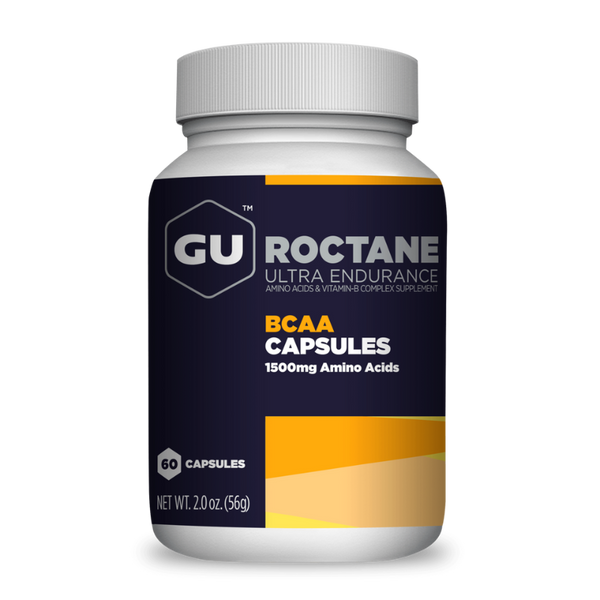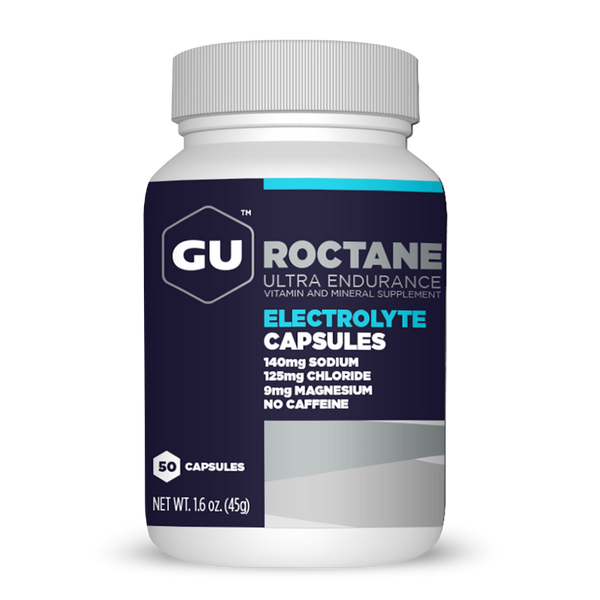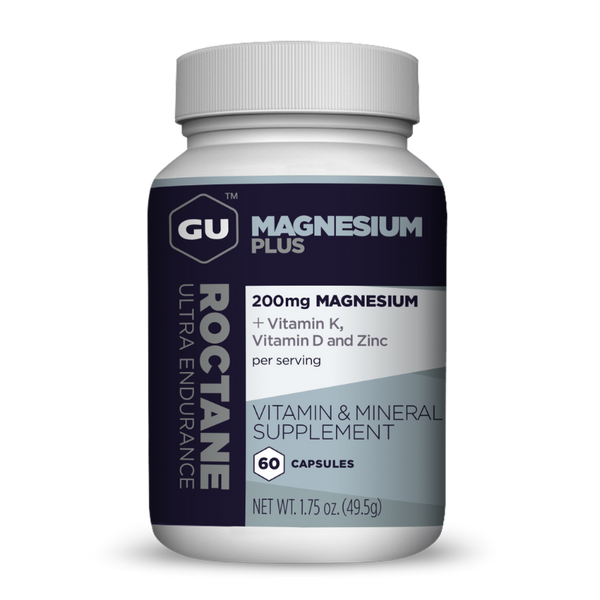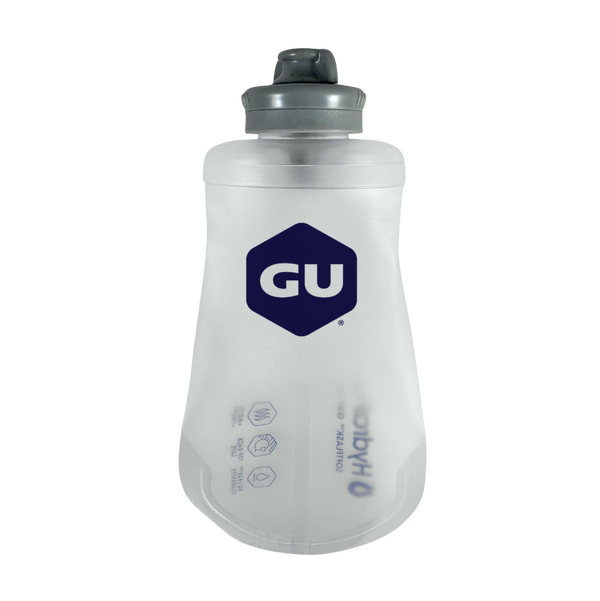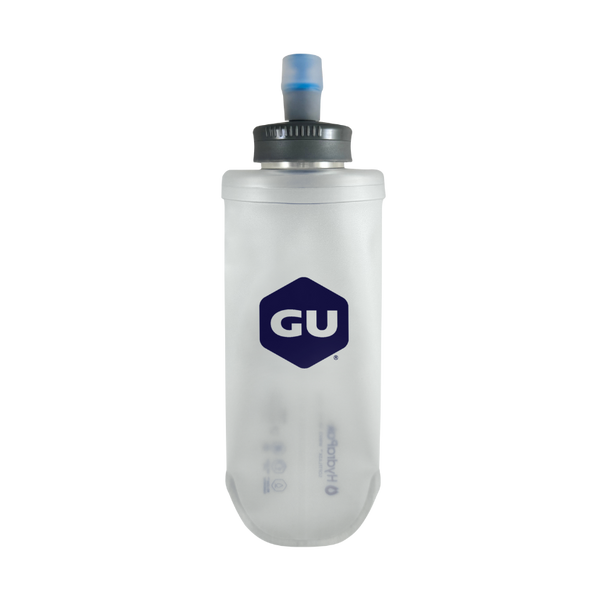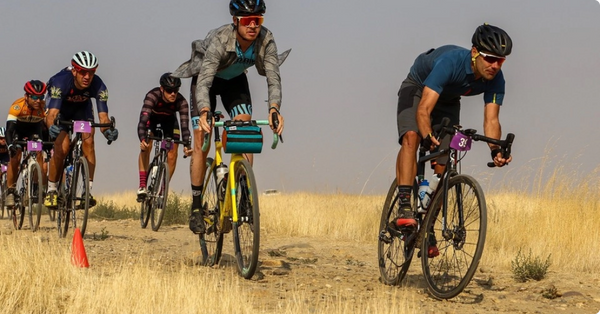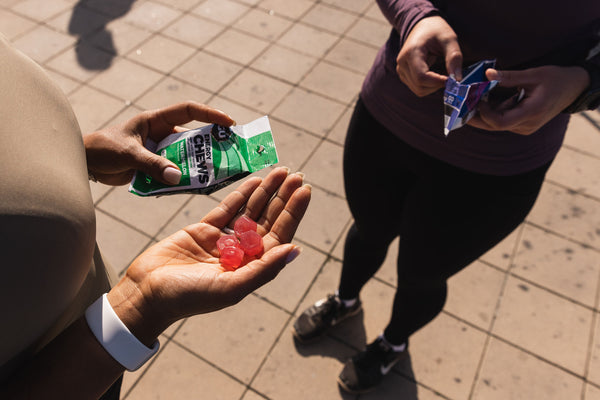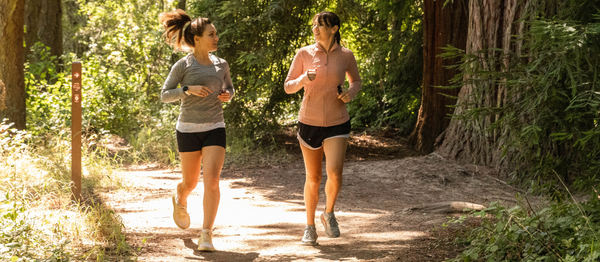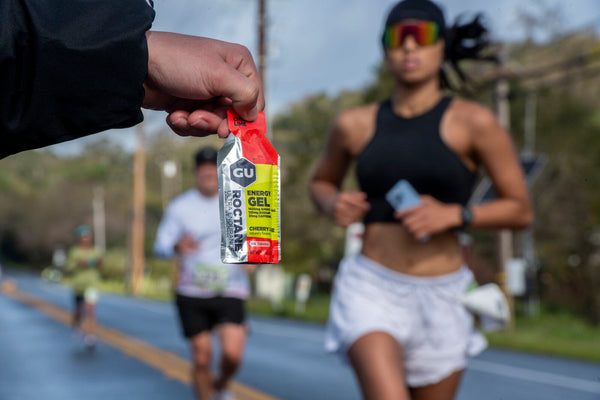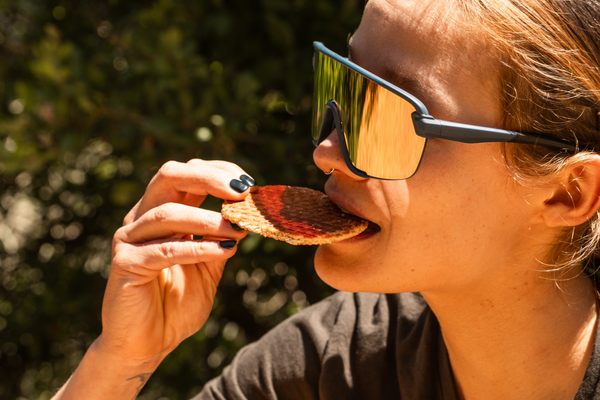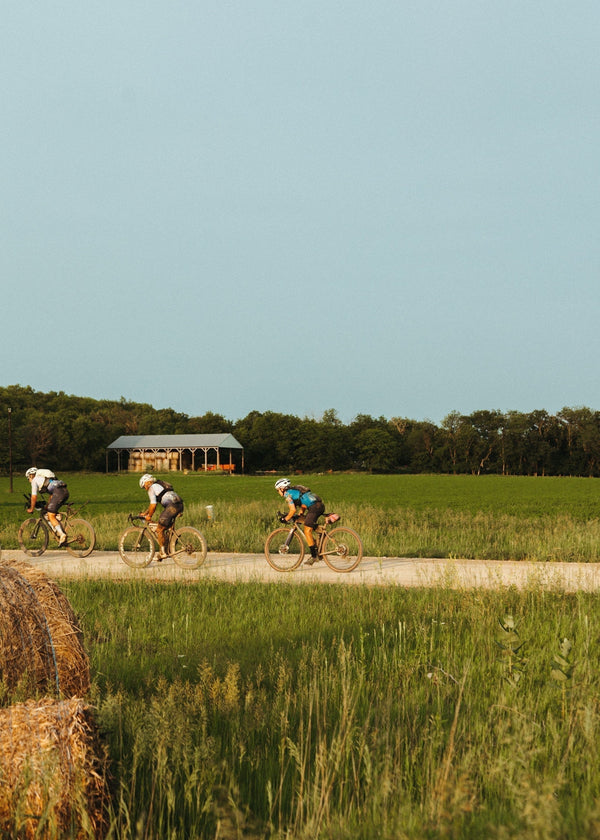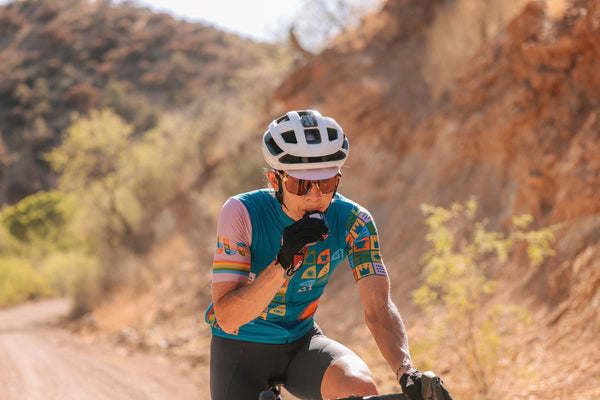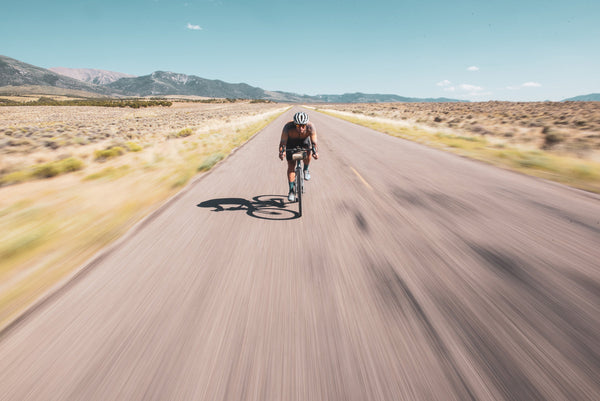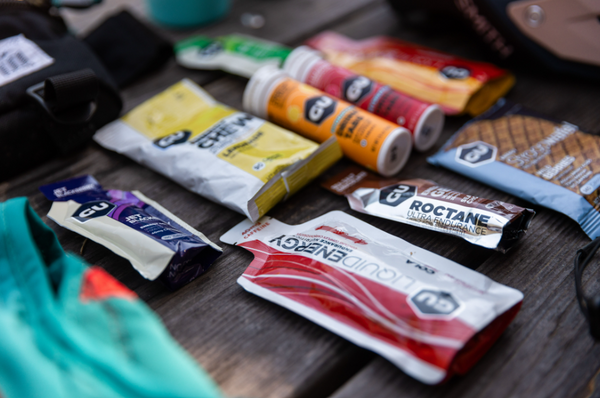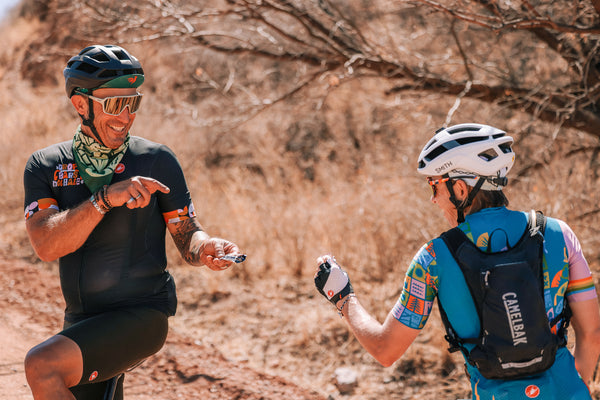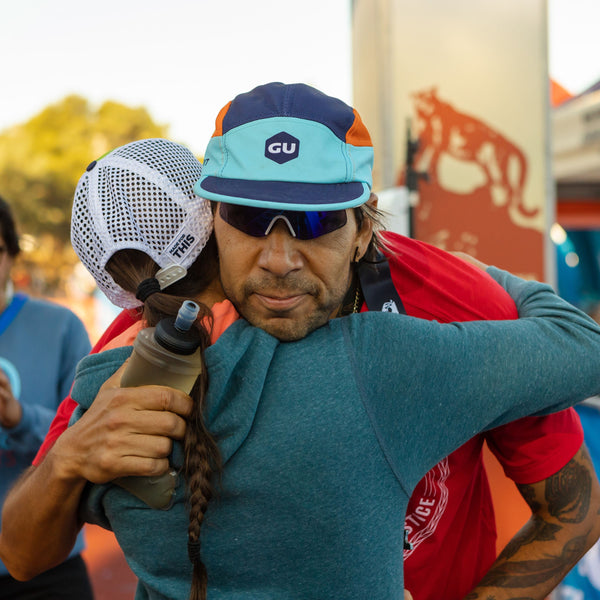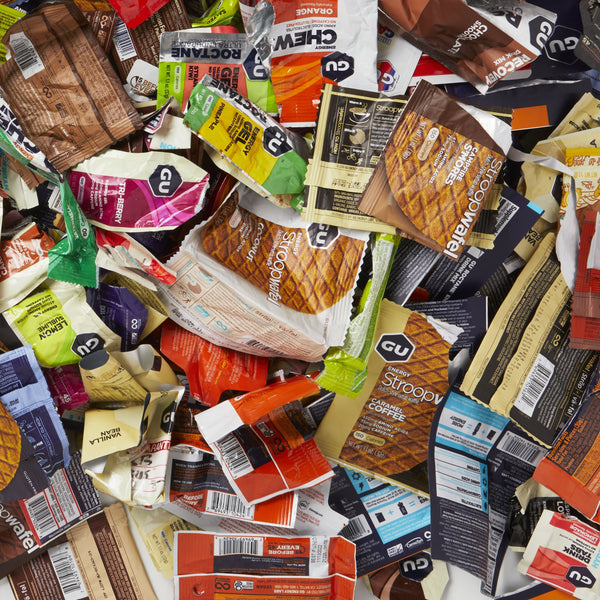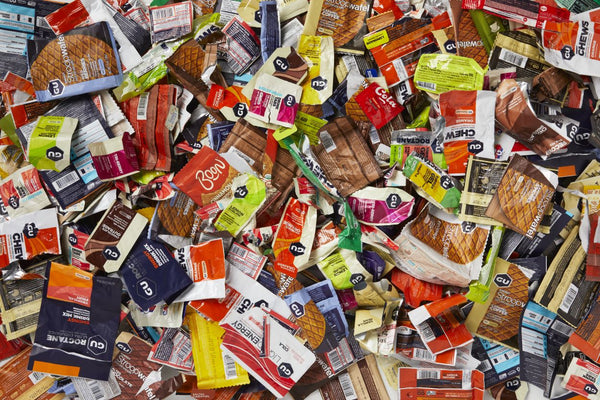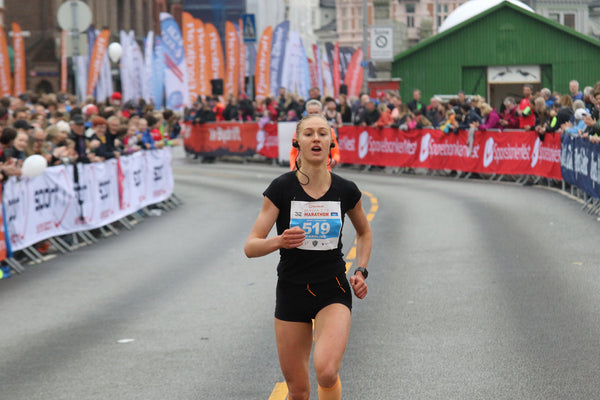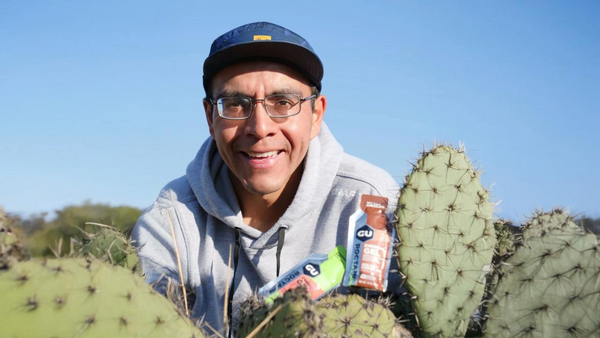Earlier this year, the GU Performance Lab partnered with InsideTracker on a 12-week project aimed at lowering the InnerAges of 10 active participants aged 50+. InnerAge is a measure of biological age (essentially how old a body is on the inside) and is determined by analyzing several biomarkers through blood tests. Learn more about InnerAge and our project participants.
Key Takeaways
1. The biomarkers that most impacted InnerAge included glucose, cholesterol (LDL, HDL, and total), triglycerides, inflammatory markers (C-Reactive protein), and liver enzymes (GGT). Get those in healthy ranges and you're likely to lower your InnerAge.
2. Making simple changes to diet and lifestyle can have real impact. (Too obvious?) Our participants reported better quality of sleep, better digestion, improved energy and fewer cravings for junk food.
3. Incremental adjustments make change feel manageable. Rather than making drastic changes, our participants slowly eased out of less-healthy habits and into new healthier ones. Case in point, our retired Marine Buster, who replaced Mountain Dew with sparkling water over the course of 12 weeks.
4. Seven of our ten participants lowered their InnerAges from the start of the project to the finish. Three had InnerAge values that increased, but because of the regular blood testing, we were able to see why. Reasons ranged from new medication to stress. It's a reminder of how sensitive our bodies are to these factors.
Try it Yourself
Whether you want to find out your own InnerAge (save 20% at InsideTracker with code AGELESS) or just want to implement some healthier diet and lifestyle practices, we've got you covered. Here's a handy cheat sheet for improvement.
Make sure you're getting the following in your diet:
· 2 tbsp of olive oil daily.
· 2 cups (85g) dark leafy greens daily (spinach, kale, arugula, chard, etc.)
· 1 cup berries daily
· 3 servings vegetables daily
· 2 servings high fiber fruit daily
· ¼ cup (small handful) raw/dry roasted nuts or 2 tbsp of seeds (chia, flax, hemp, pumpkin, etc.) daily
· 1-3 cups unsweetened tea or black coffee (decaf or regular) daily
· ½ cup beans 4-6 times weekly
· 1 cup (cooked) oatmeal daily (non-instant, can be steel cut or rolled, gluten free if needed)
· Take a probiotic supplement or 1 serving probiotic-rich foods daily
· Fiber goal of 25 g or more daily
· Protein goal of 1.2g/kg bodyweight daily
And here's one thing to cut back on:
· Limit processed/red meat intake to 3 or fewer servings per week from all sources, including “deli” meats, bacon, sausage, etc.
Lifestyle practices:
· Strength training exercise 2-3x per week
· Mindfulness practice ~10 min daily (yoga, meditation, breathing exercises, nature walks, etc.)
If any of these are big changes for you, remember you can go slowly. The idea is to build habits to last a lifetime.

